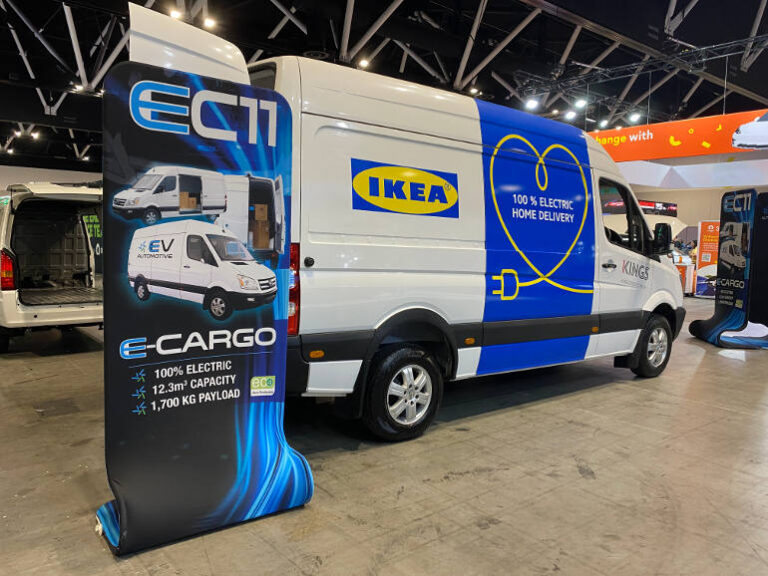Suburban streets after 8pm are generally quiet places with most residents settling in for dinner or a night of streaming their favourite shows. It’s a place where diesel trucks aren’t welcome which restricts the operations of last mile businesses which could be maximising deliveries when people are home to receive the parcels.
The adoption of electric trucks could change the existing 9-5 model because of their quiet operation, and operators are looking to get more utilisation from their assets as well as remove the impact of trucks in local residential areas.
Paul Kahlert, CEO at All Purpose Transport, believes this one of the emerging trends with the transition to electric and zero emission transport fleets.
“If you go into residential areas doing the last mile, you’ve got to look at it holistically and understand it’s not just the CO2,” explains Kahlert.
“It’s all the bad things that the vehicles actually generate as well, including noise. I mean, one of the big things about the EVs is zero noise, which is an advantage for us because we can now look at doing night time deliveries. Where as previously we couldn’t take our ratty old diesel into the suburbs. It’s a real game changer for us.”
“It’s something that we’re going out and talking to our customer base and saying, for us, commercially it makes sense. The vehicle moves faster, we get better utilisation and productivity out of the vehicle. So it makes a lot of sense for us.”
I was talking to Kahlert at the Brisbane Truck Show, so I asked about the future developments in zero emission transport and what he saw happening over the next decade.
“I see the shift coming where, and particularly as the bigger vehicles are coming, we need larger vehicles then we’ve currently got. We’re using vans and four tonne trucks for the tasks we’ve got now. They’re not going to go out there and do the palletised work that we need to do.”
“So if you’re going in your time machine five years time into the future, either the battery technology is improved and the bigger vehicles are there, or conversely we’ve gone to hydrogen or we’re going with an alternative fuel. But for us it makes sense to get the diesel out of the air. It’s not just about CO2, it’s also the diesel particulates it creates asthma and kids that does all sorts of stuff.






